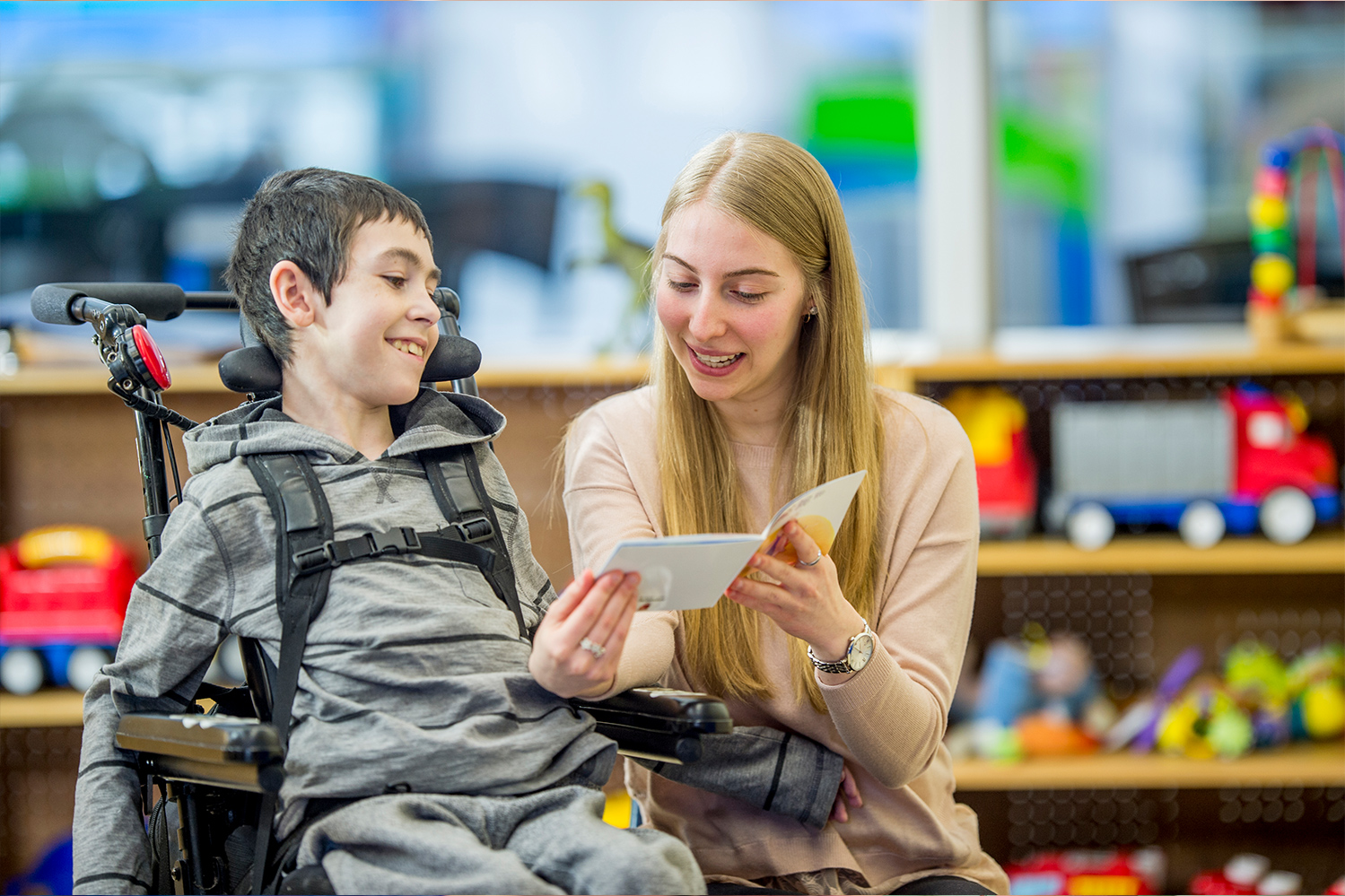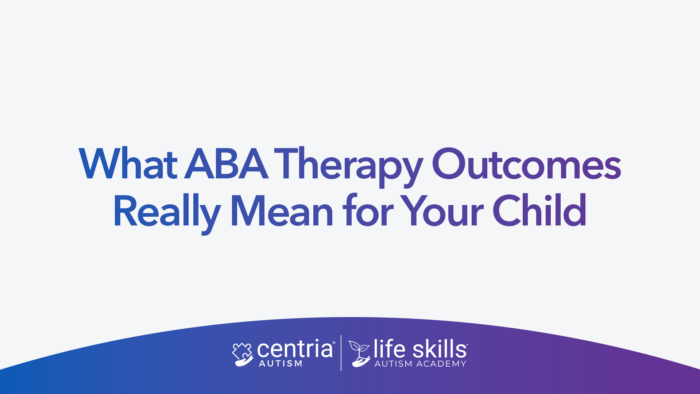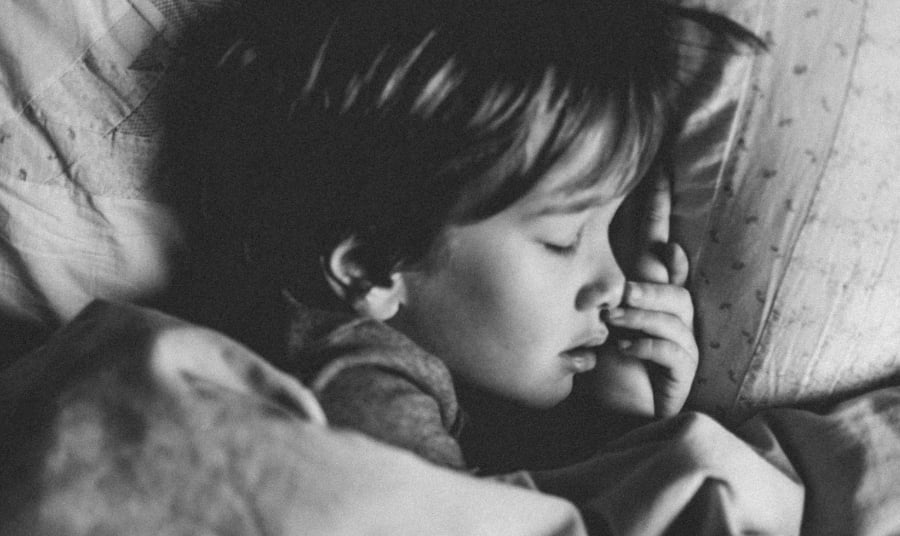Many children have trouble settling down and falling or staying asleep. Often sleep troubles in kids come and go throughout a child’s developmental phases. But for children with Autism Spectrum Disorder (ASD), these broken and deficient sleep problems can be more severe, and the causes may not be as common or simple to pinpoint.
Using some behavior strategies, parents of children with ASD can overcome many sleep problems having an abundance of patience and some practice.
Some reasons kids with ASD have sleep problems
Communication struggles:
Children with autism can lack communication skills to convey their wants and needs. Not being able to ask for what they need for comfort before a night’s sleep can contribute to why many young children with autism are kept awake by something they need but can’t ask for. Those same communication deficits mean they can have trouble picking up on social and nonverbal communication cues from caregivers especially when there are irregular habits, activities, and insufficient routines when it comes to bedtime. Being attached to routines and rituals is a very common ASD trait. Your child may settle down for sleep if a regular bedtime routine is followed, such as:
- Setting regular, age-appropriate bedtime and give warnings in 10-minute increments, 30 minutes before starting bedtime rituals;
- Establishing an order of steps to follow for preparing for bed:
- Taking a bath or shower
- Changing into pajamas
- Going potty
- Brushing teeth
- Reading
- Tucking in with special wishes or songs
- Using favorite objects such as pillows, blankets, stuffed animals as regularly available comforts at bedtime; and
- Sticking to the routine even when the child awakens during the night. Calmly return the child to his/her own bed if awakened, not your bed or the couch for a few minutes is essential for routine. Repeat the process of tucking into the child’s own bed as many times as necessary to establish routine habits.
Psychological struggles:
Often children with ASD also struggle with other disorders that can contribute to lack of sleep, such as anxiety, hyperactivity (especially in the evenings) other clinical or physical challenges, and related medications.
It is important to talk with your child’s pediatrician for evaluation of such struggles.
Also, always consult your child’s doctor if you think your child’s poor sleep is related to a medical problem in addition to mental health struggles, such as asthma or epilepsy, or sign of sleep apnea.
In particular, children with ASD might be prone to body-rocking, head-rolling and head-banging. Although these are a common ASD trait, sleep can be disrupted by the physical results of such movements which may cause headaches or other physical troubles.
Developmental delays:
Late to toilet training and difficulties with bedwetting are common in children with ASD. If your child isn’t dry at night, she might wake because she’s wetting the bed. Or she might wake to go to the toilet and then won’t go back to bed.
You might consider getting some help if toilet training and bedwetting are problems for your child. For example, you could start by talking with your child’s early intervention workers. If there’s a persistent problem, you could also talk to your child’s pediatrician if there are any physical barriers to crossing this developmental milestone.
Children who have delays in establishing a regular sleep cycle pattern can sometimes be awakened from bad dreams or worse, night terrors and nightmares—which can be common in any child from around 18 months to 6 years—wake children up and make it hard for them to get back to sleep. While a night terror of screaming, kicking, panic, thrashing, sleepwalking, or a combination of any of those can be frightening for parents to observe, they are harmless and will result in a deep sleep the child won’t likely remember in the morning.
If these occur, it is important to try to help your child return to normal sleep by making soothing comments and holding the child comfortably if he tolerates it. This can also protect your child from injury, such as falling downstairs, during such an occurrence.
A good way to prevent such terrors in the night would be to prevent a child from becoming “overtired.” This is best established by ensuring your child goes to bed at a regular time each night.
if you’re concerned or your child doesn’t respond to any of these settling strategies, discuss any potential sleep disorders with your child’s doctor.
To learn more about how Centria Autism can help you and your family navigate a diagnosis and insurance verification, or treatment of Applied Behavior Analysis Therapy, please contact our team of specialists at (855)-772-8847.







